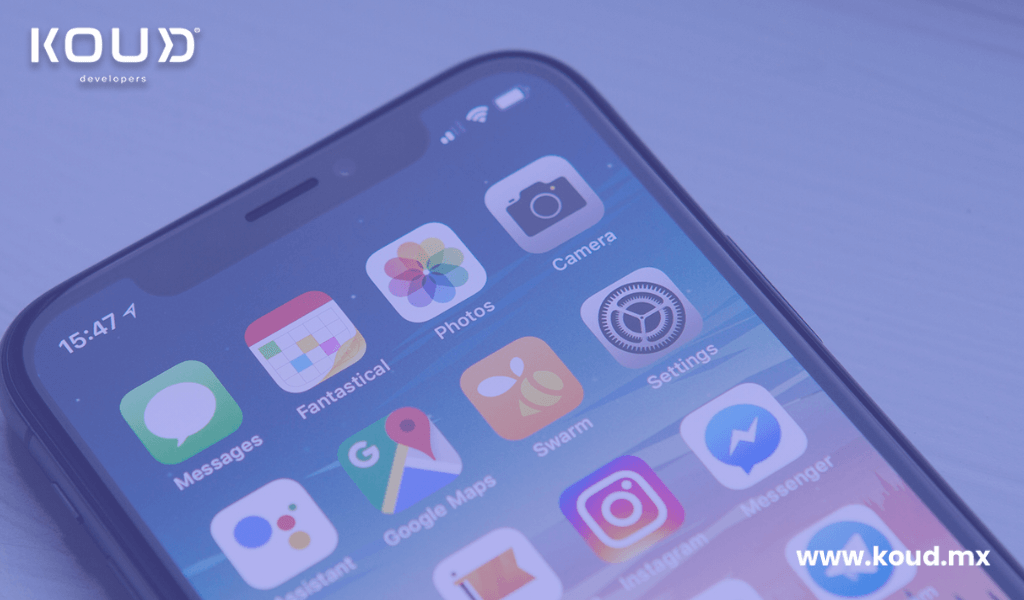How a Mobile App Strengthened the Client–Company Relationship
In an environment where consumers expect fast service, personalization, and 24/7 availability, many companies are realizing that a mobile app can be more than just a digital channel — it can become the key bridge that strengthens their relationship with customers and enhances their overall experience.
In this experience case study, we share how a service company significantly improved customer satisfaction and loyalty through the development and implementation of a custom mobile app designed specifically for their operations and user needs.
Client Profile
Our client is a technical home services company with operations in over 40 cities. Their customer service relied heavily on traditional channels such as phone calls and emails, along with a basic website that only included request forms. As demand grew and the company expanded geographically, these tools became insufficient. Bottlenecks in customer support, long wait times, and lack of visibility were impacting both customer satisfaction and internal efficiency.
Challenges Before Development
Long wait times on customer service phone lines
Limited real-time visibility into service request statuses
Frequent rescheduling and lack of service traceability
Customers did not receive confirmations or reminders
Negative reviews on social media due to poor experience
The Solution: A Custom Mobile App for Customers
To address these challenges, we designed and developed a cross-platform mobile app (Android and iOS) focused on self-service and transparency. The app included several key features:
Ability for users to book services directly through the app
Real-time status tracking of their service requests
Push notifications for confirmations, technician assignments, and reminders
Post-service feedback and rating system
Access to invoices, service history, and documents
Referral program and exclusive promotions
The app was fully integrated with the company’s internal management system, automating administrative tasks and reducing the workload of customer service staff.
Results Achieved Within 3 Months
The app’s impact was both measurable and immediate:
68% of service requests became self-managed via the app
40% reduction in inbound customer service calls
30% faster average response time to service requests
Net Promoter Score (NPS) increased from 44 to 62
55% drop in complaints related to scheduling issues
Customer Feedback
One user commented:
“The app made everything easier. I don’t have to call or wait anymore — I book the service, see who’s coming, and get notified. It’s fast, clear, and gives me peace of mind.”
Keys to Success
UX/UI focused on simplicity and seamless self-service
Prototyping and testing with real users before development
Full synchronization with back-office systems to streamline operations
Strategic launch communication to encourage downloads and engagement
Lessons Learned
This project offered valuable takeaways for businesses looking to digitize their customer experience:
Empowering the customer improves relationships. When users feel in control, satisfaction and loyalty rise.
Automation enhances efficiency and perception. Reducing manual tasks not only improves internal processes but also enhances how the service is perceived externally.
Mobile apps are ideal for service delivery and loyalty. They combine accessibility, real-time interaction, and personalization into one powerful channel.
Conclusion
Investing in a mobile app that is aligned with real customer needs and integrated with operational systems can radically improve how service companies interact with users. This project is a clear example of how thoughtful digital transformation — centered on user experience — can lead to improved satisfaction, loyalty, and operational performance in a competitive, always-connected world.

